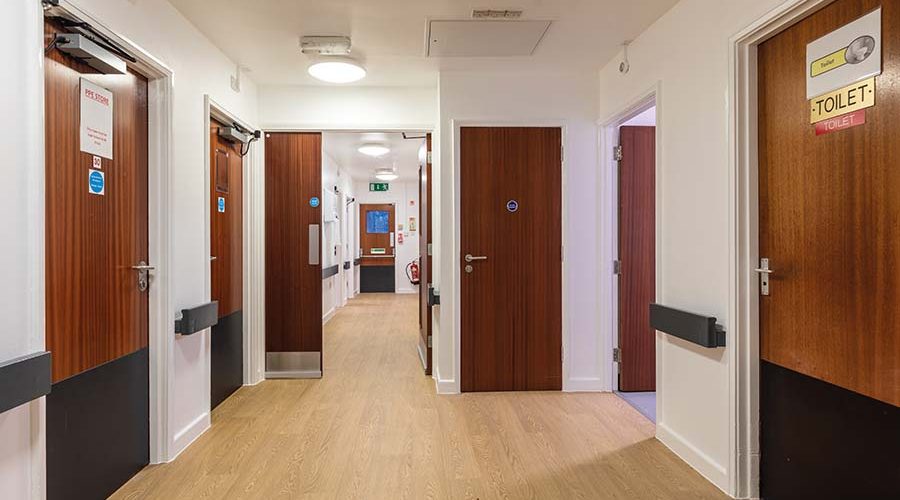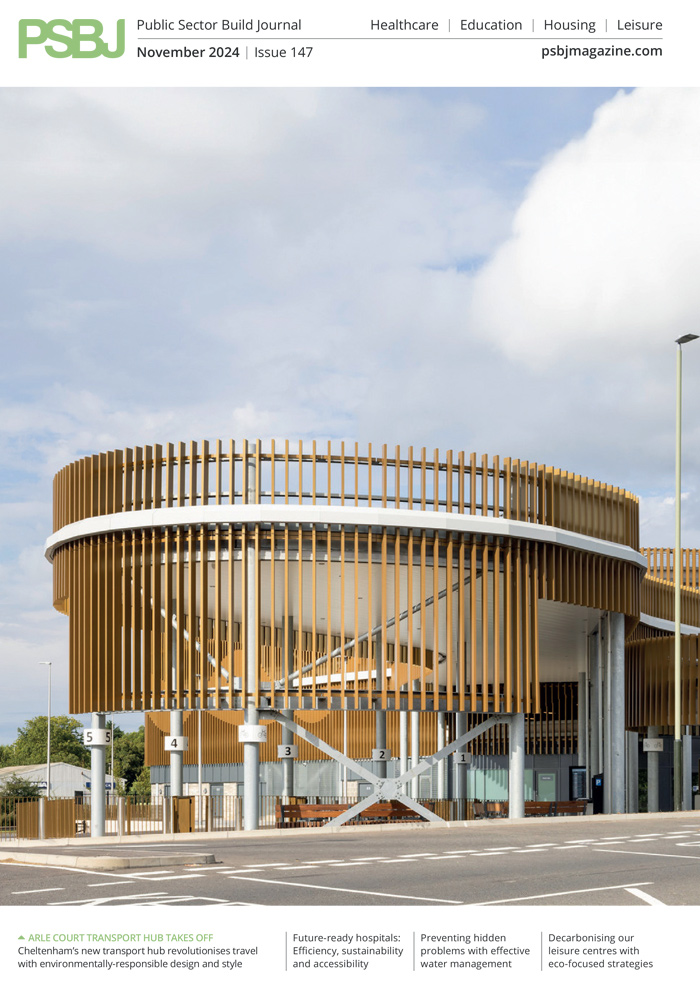Danny McCann, Painting Services Manager for Seddon, discusses why a proactive approach to design should be top of any care provider’s list in the pursuit of effective infection control.
Seddon
The ongoing battle to curb COVID-19 outbreaks in our communities has highlighted the need for maintaining the utmost levels of hygiene in all settings. For care environments, now more than ever it is vital to ensure spaces are designed to reduce the transmission of potentially harmful bacteria and viruses.
No matter the healthcare environment, well-designed interiors can play a key role in helping to bolster infection control, protecting vulnerable people in the process. Even selecting which paint to use when refurbishing an area can play a huge role in creating safer places.
Passive protection
It goes without saying that exemplary hygiene is paramount in care settings, and simple interior design choices, such as the types of paint being used, can provide added safety.
Antibacterial or microbicidal paints are fortified with substances or active ingredients that effectively kill harmful bugs on surfaces; they work by preventing the growth of microbes that cause infection, including common infections, such as MRSA or E. coli.
An antibacterial paint can be applied wherever there is a risk of contamination – from corridors and waiting rooms, to bathrooms or entrances.
When used in conjunction with established cleaning and sanitisation protocols, it offers passive protection and further peace of mind.
COVID-19 still poses a significant risk, so delivering essential redecoration works using these products is an indirect way of limiting the spread of many other harmful infections, easing the burden on healthcare teams at this difficult time.
Antibacterial paint in practice
In November 2020, Seddon was tasked by Derby City Council to refurbish Perth House, which provides care home services, without nursing, for up to 36 older people.
Seddon carried out a suite of infection control works to the home, which remained open during the 16-week programme.
To minimise the risk of COVID-19 spread, the works were completed in phases, with residents being moved out of four wings before the job started.
Overall, the project included the soft strip of all fabrics and materials, such as curtains, chairs and light shades that could potentially harbour dirt and germs.
They were replaced with more sterile materials, such as wipeable blinds, LED lighting and stainless-steel surfaces in the home kitchen.
A specialist Sterishield paint containing an in-film bactericide, which inhibits bacteria and reduces populations of MRSA and E. coli, was applied also.
When combined with appropriate cleaning practices, the paint helps to promote a more hygienic environment, for the benefit of residents and staff alike.
Plus, no specialist applicator training is needed to apply the paint, which ensured Seddon met the strict time constraints.
Following all refurbishment works, the team completed a full deep clean before handing back the care home, ready for the residents to move back into with the new infection control measures in place.









